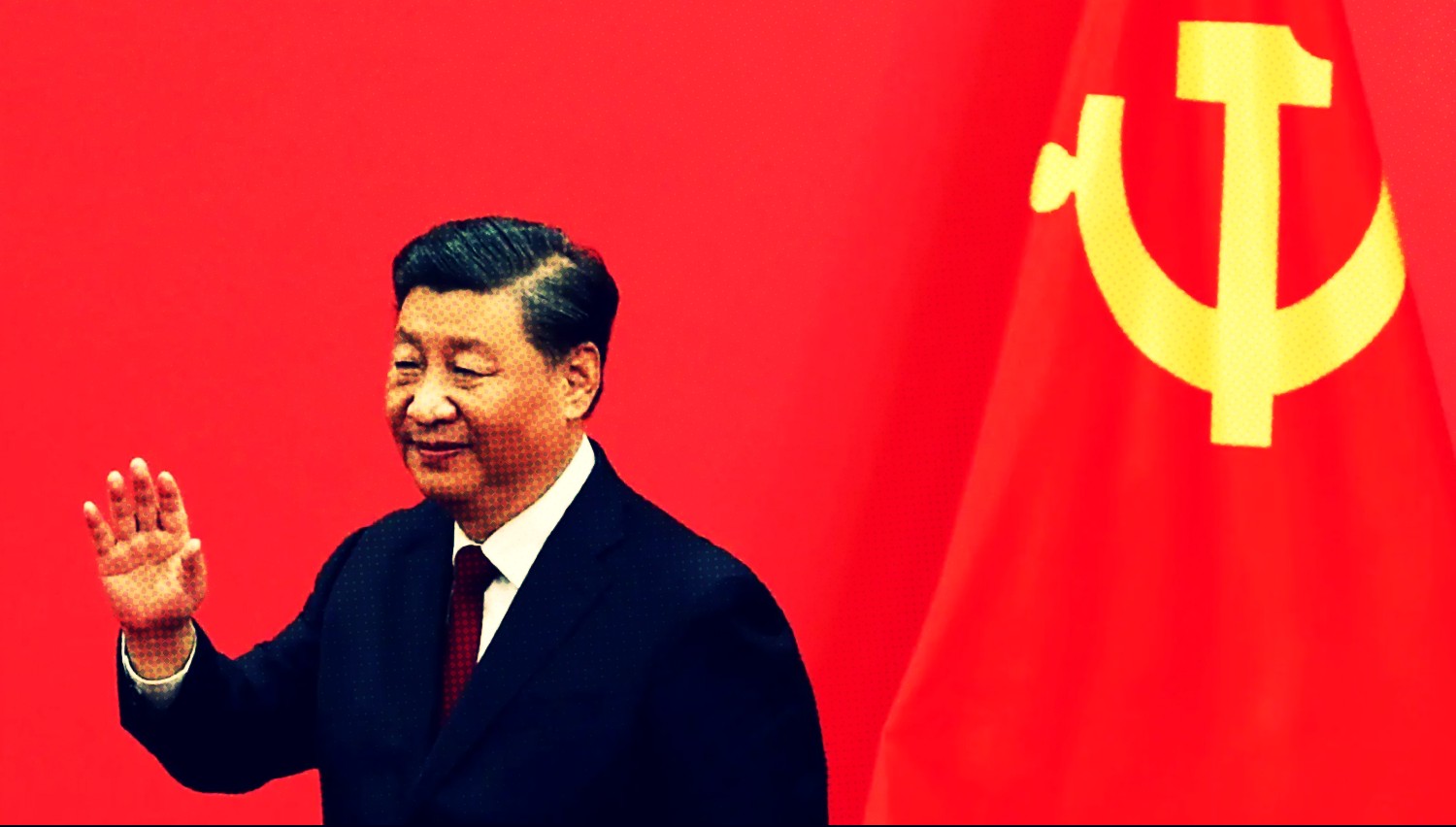By Simran Sodhi
The Shanghai Cooperation Organization (SCO) virtual meeting hosted by India saw many significant developments come to the fore. The most important of them was the address by Russian President Vladimir Putin.
This was his first appearance on the global stage since the armed rebellion of last month by the Wagner mercenary group, which had seemed to challenge Putin’s control of Russia.
Laying doubts to rest, Putin struck a defiant note at the summit, saying, “Russia counters all these external sanctions, pressures, and provocations and continues to develop as never before.” It is also interesting to note here that Belarus, a Russian ally, has applied to become a permanent member of SCO next year.
Since its formation in 2001, the SCO has been viewed as an anti-West Bloc led by China and Russia. The SCO today also includes India, Pakistan, Kazakhstan, Kyrgyzstan, Tajikistan, and Uzbekistan. With Iran’s formal induction as a member today, the apprehensions in the Western world vis-à-vis the SCO are likely to increase.
Putin also backed trade accords between SCO countries in local currencies today, which is Russia’s way of basically pushing back at the Western world and its sanctions. In his address, Putin pointed out that more than 80% of trade between the Chinese and Russian people was in roubles and yuan and urged other SCO members to follow the same process.
‘External forces implemented creation of anti-Russia state in Ukraine’ – Putin at SCO summit
Follow us on Rumble: https://t.co/Nuc9nUzTc5 pic.twitter.com/CM4KbadIlg
— RT (@RT_com) July 4, 2023
The SCO Summit provided Putin the window to showcase to the world that he remains strong and very much in charge, which was the subject of intense speculation after late last month’s mutiny. It is also to be noted that all SCO members have been hesitant to criticize Russian actions in Ukraine.
For India and Prime Minister Narendra Modi, the SCO summit served as an opportunity to lay out its vision of the world and to remind the global world of the dangers of terrorism, with Pakistan Prime Minister Shahbaz Sharif in attendance.
“Some countries use cross-border terrorism as an instrument in their policies, (they) give shelter to terrorists… the SCO should not hesitate to criticize such countries,” Modi said in his statement. But for India and the PM, one outcome of this summit is likely to be a tougher balancing act between the West and the non-western world.
India has long maintained excellent relations with the United States and other Western powers. The recent State visit of Modi to the US is the best example in this context.
And this is when India has consistently refused to criticize Russia for its actions in Ukraine, and the West has slowly come around to accepting this position of India.
On the other hand, India has maintained its historical ties with Russia, and just last week, PM Modi and the Russian President held a telephone conversation also.
The inclusion of Iran in SCO will suit Russian and Chinese ambitions and interests on the global stage, but for India, this will be a delicate act of balancing further. Even in the Quad (a regional grouping of India, the US, Japan, and Australia), which is seen as an anti-China grouping, India has shied away from such tags.
Chinese leader Xi Jinping also spoke at the SCO Summit today about the importance of safeguarding regional peace and security. He urged SCO members to “follow the right direction and enhance their solidarity and mutual trust.” It is also significant to note that the changing geopolitics has resulted in a Russia-China nexus.

The Ukraine conflict has brought this Chinese-Russian embrace even closer. For India, this also remains a source of concern. While India has never openly positioned itself as a counterweight to China in the region, for the West, India nevertheless fits this particular bill.
In the future, this is going to be India’s diplomatic test. What will test India, even more, is that President Putin looks upon China, India, and Iran as his country’s friends and safeguards from the West.
Add to it the fact that recent reports suggest that Indian refiners have begun paying for some oil imports from Russia in Chinese yuan, and the picture gets more complicated.
The SCO as a grouping is smaller when compared to G20 or G7, but it nevertheless accounts for 40 percent of the world’s population, and with Iran joining in today, the SCO will hold 20 percent of the world’s oil reserves.
As the world struggles with changing dynamics and a West vs. anti-West world order, SCO will likely emerge more significant in the coming years. In his address today, Putin made it clear that one: he is not weakened by the failed Wagner mutiny, and two: the sanctions of the Western world have not crippled his country as many had hoped.
Putin also shows no signs of backing away from the Ukraine conflict, and with the US and other European allies pumping in money and weapons in Ukraine, a resolution seems rather distant.
China and Russia will try to build the SCO in the coming years as a Bloc to suit their interests. The inclusion of Iran and the beginning of the inclusion of Belarus are clear indications.
For India, the SCO will have to be played to its advantage, staying close to Russia, Iran, and others but also being seen as a partner to the West in values and strategic terms.
- Penned By Senior Journalist Simran Sodhi
- Follow EurAsian Times on Google News